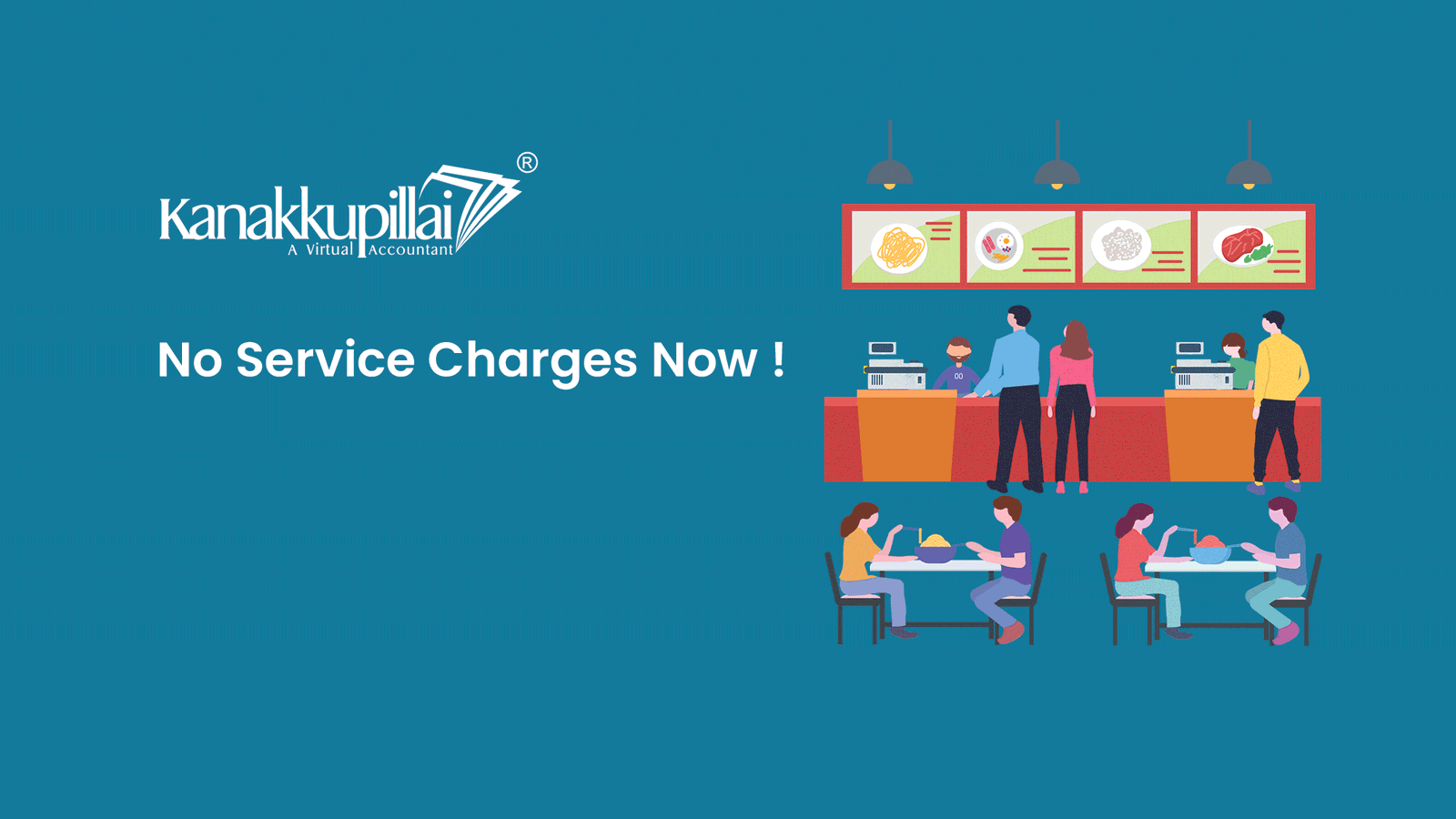The Central Consumer Protection Authority (CCPA) forbade hotels and restaurants on 4th July from automatically adding service fees to food bills or by default. Customers could complain about the consumer commissions, including through “e-daakhil,” and even district collectors in case of a violation.
The authority, established following the Consumer Protection Act, has published comprehensive rules outlining the obligations of restaurants and customers’ rights and has referred to the imposition of service fees as “unfair trade practices.” It is now against the law for restaurants to collect these fees under any other name. The CCPA further stated that hotels and restaurants should not charge a service fee for a customer’s admittance and meal consumption. The standards say that customers must be aware that such payments are optional.
The authority claims that the food price includes a service component that accounts for both the material and the service. “Hotels and restaurants can choose the pricing they want to sell customers food or beverages, and you agree to pay the menu pricing for the food items and any relevant taxes by placing an order. The recommendations said that charging anything more or less than the specified sum would constitute unfair trading practice under the Act.
Vice President of India’s Federation of Hotel and Restaurant Associations, Gurbaxish Singh Kohli, claimed they had followed most of the CCPA’s rules. He contended that charging a service fee is not against the law, and it is a fee gathered for the benefit of the staff, including all waitstaff and kitchen workers who have directly or indirectly assisted a customer. Furthermore, no hospitality facility forces customers to pay if they don’t want to for whatever reason. But the industry is unjustly being portrayed as the bad guy in the eyes of the consumer, he claimed.
The government’s decision to eliminate service charges and allow customers to object automatically if the fee is added was covered in a TOI report from the previous day.
According to the Authority, a tip or gratuity is a direct payment made by guests to hotel personnel. One cannot decide whether to make a tip or how much to tip until after the meal has been consumed.
Consumer protection in India has outlawed adding a service charge to customer invoices at hotels and restaurants.
The consumer Authorities announced the decision after a rise in customer complaints about being forced to pay the fee. Restaurants frequently add a “service charge” category to the bill that ranges from 5 to 15 per cent in tips.
According to new regulations, restaurants can no longer “add service charge by default or automatically” to the bill.
Additionally, the new regulations forbid restaurants from accepting patron tips “under any other name” or “denying service or admittance to clients who refuse to pay a tip.”
Since a few years ago, there has been an unpleasant controversy about tipping at restaurants, with patrons claiming they weren’t made aware of the additional cost.
Customers were only required to pay the rates listed on the menu card, plus any applicable taxes, according to a set of regulations released by the government’s Consumer Affairs Department in 2017.
The department stated that customers might use their “discretion” to decide whether or not to tip and that any additional fees imposed without the client’s permission constituted “unfair commercial practice”.
Instead, the government had pushed eateries to cover costs by raising prices and offering employees decent wages.
However, restaurants have continued to include the tip in the bill, leaving it up to customers to object to the additional fee.
The National Restaurant Association of India (NRAI) and the government met last month after a growing number of consumer complaints that they were still being “forced to pay service charges, often fixed at arbitrarily high rates” and that they were being “harassed if they request to remove it from the bill” led to the government’s call for the meeting.
More than 5 lakh restaurants are represented by the NRAI, which defended the practice by stating that it was a “matter of individual policy” and that imposing such a fee was not “illegal”.
They further claimed that the service charge increased government revenue because restaurants had to pay taxes on their customers’ prices.
According to the new regulations, consumers can file complaints online or by calling the National Consumer Helpline.





